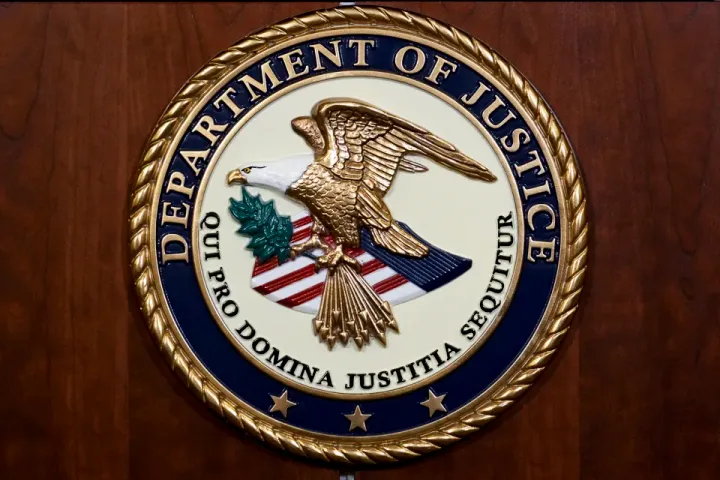Philippines Set to Launch $179M Tokenized Treasury Bonds, Embracing Real-World Asset Tokenization.
The tokenized bonds, aimed at institutional buyers, will be available in minimum denominations of 10 million pesos with increments of 1 million pesos.

The Philippines Bureau of the Treasury is set to break new ground by offering 10 billion pesos ($179 million) worth of one-year tokenized treasury bonds. This pioneering move marks the country's first foray into tokenized government bonds, deviating from the traditional auction process scheduled for November 20.
The tokenized bonds, aimed at institutional buyers, will be available in minimum denominations of 10 million pesos with increments of 1 million pesos. These bonds, maturing in November 2024, will reveal their final interest rate on the date of issuance, as reported by Cointelegraph.
Issued by the state-owned Development Bank of the Philippines and the Land Bank of the Philippines, this venture into tokenized bonds indicates the Philippines’ increasing interest in exploring the potential of blockchain-based financial instruments.
When questioned about the future utilization of tokenized real-world assets and bonds, Deputy Treasurer Erwin Sta mentioned an ongoing evaluation of the technology, emphasizing a commitment to understanding its potential implications.
This initiative aligns with a broader trend across Asian governments, showcasing a burgeoning interest in the tokenized bond market. In February, Hong Kong launched $100 million in tokenized green bonds under its Green Bond Programme, utilizing Goldman Sachs’ tokenization protocol, valid for one year.
Singapore also made strides in real-world asset tokenization, collaborating with JPMorgan, DBS Bank, BNY Mellon, and investment firm Apollo for pilot programs. Similarly, the United Arab Emirates joined forces with HSBC to embark on the tokenization of bonds, underscoring the global shift toward embracing blockchain technology in financial ecosystems.
Notably, Israel’s Tel Aviv stock exchange recently concluded a proof-of-concept involving the tokenization of fiat and government bonds, further amplifying the traction gained by blockchain-driven real-world asset tokenization.
This notable trend is bolstered not only by the rising interest of Asian governments but also by the active involvement of major financial entities like JPMorgan and HSBC, signaling a significant turning point in the evolution of traditional financial instruments toward blockchain technology.
The move by the Philippines to venture into tokenized treasury bonds signals a significant step forward in embracing technological advancements within the financial sector, ushering in a new era of innovation and accessibility in the world of finance.




